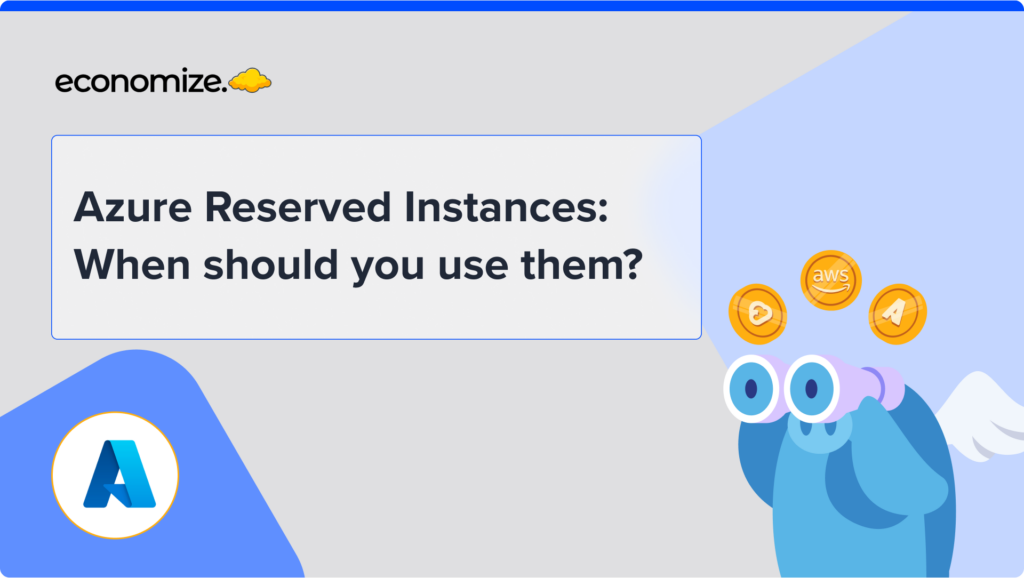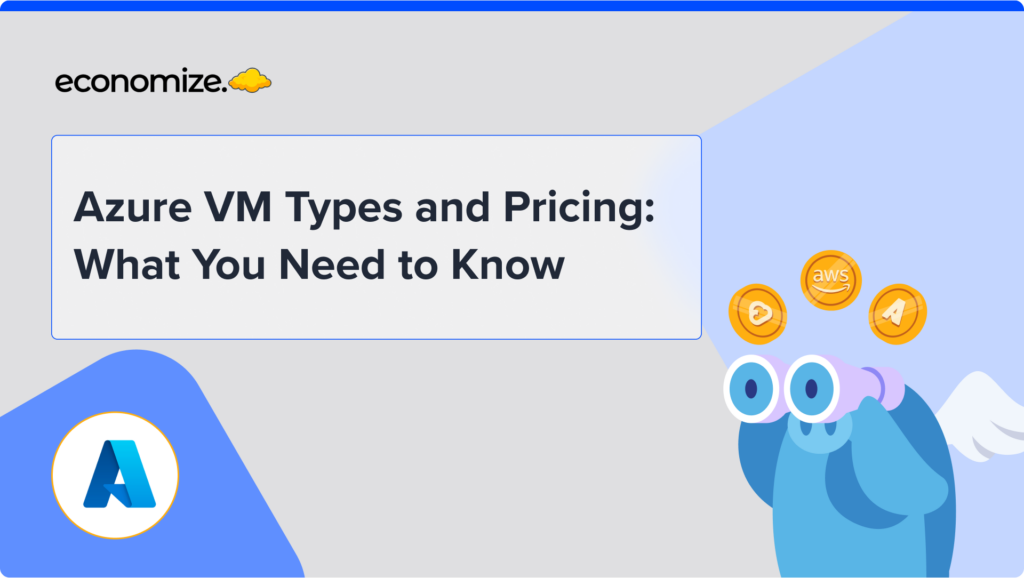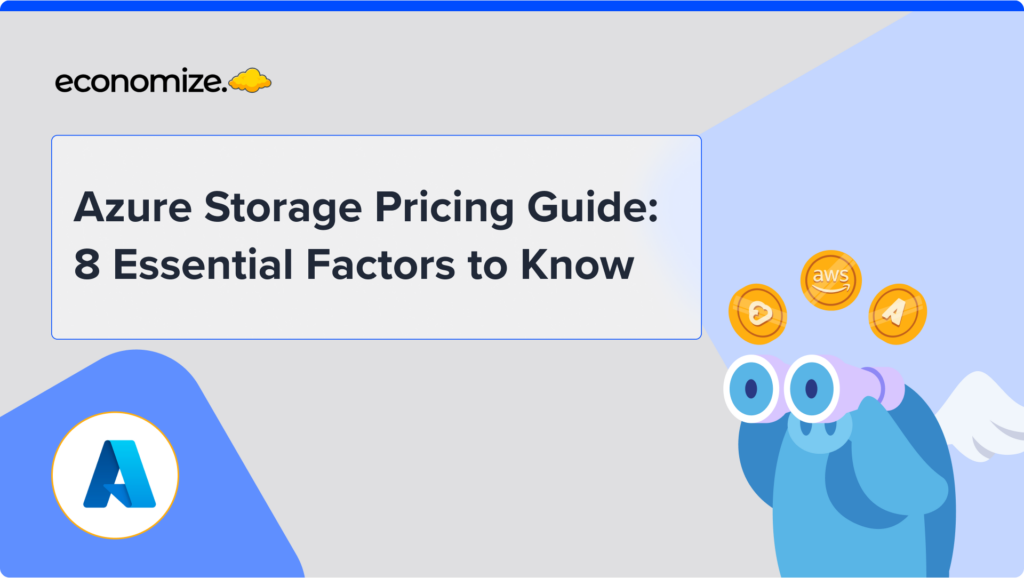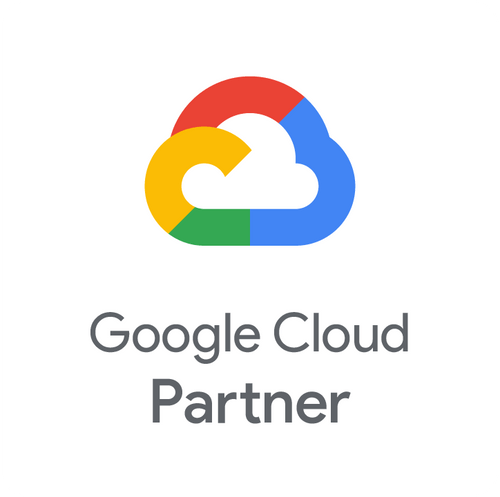FinOps has become instrumental in effectively managing, optimizing, and governing cloud costs. However, the journey to efficient cloud cost management is riddled with complexities, primarily when dealing with multiple cloud providers each with distinct metrics, terminology, and usage dimensions.
Addressing this, the FinOps Open Cost & Usage Specification (FOCUS) offers a game-changing solution for businesses needing a single, unified view of their cloud expenditures. FOCUS simplifies the representation of cloud cost data, fostering trust in data while enabling businesses to expedite their cloud adoption and, crucially, maximize the value of their cloud investments.
In this article, we will unravel the concept of FOCUS, its significance in today’s cloud-centric business environment, and the benefits it promises.
Introducing FinOps Focus
FinOps Open Cost and Usage Specification (FOCUS) is a cutting-edge technical project sponsored by the FinOps Foundation under the Linux Foundation. Its primary aim is to set up an open specification for cloud billing data. FOCUS intends to introduce a vendor-neutral, cross-cloud schema and standardized terminology for key cost and usage dimensions and metrics. This standardization simplifies the ingestion and analysis of cost and usage data, boosting understanding and confidence in billing data among organizations that produce or consume it.
The Need for Common Centralized Cloud Specifications
In the current scenario, there’s a lack of a standardized method to normalize key cloud cost and usage measures across various Cloud Service Providers (CSPs), Software as a Service (SaaS) products, and other billing data sources. This lack of standardization presents challenges to stakeholders making decisions and quantifying the business value of the cloud. It also complicates the work of FinOps practitioners striving to implement common FinOps capabilities.
FOCUS aims to tackle these issues by defining a specification that enables service providers to present cost and usage data in a common schema, using FinOps-compatible terminology. Such standardized data sets allow consumers to unify pertinent billing data sets across all providers, enabling them to make key business value-related decisions based on the fully burdened cost of using the cloud.
Who can use FinOps Focus?
The FOCUS specification is designed to cater to a wide range of users, including those who create billing data, ingest or analyze cost or usage data, or wish to standardize the billing data they receive. Membership is not mandatory for using the specification or its work product, but it is encouraged to show your support for the project and contribute to its development.
How to Get Started with FinOps Focus
To begin working with FOCUS, please review the Code_of_Conduct.md, Scope.md, Notices.md, and License.md files available on GitHub. You will find instructions for contributors in the Contributing.md file.
Eligibility
FOCUS is accessible to anyone interested in using the specification for their cloud billing data needs. There are no strict eligibility requirements; you simply need to follow the guidelines outlined in the project’s documentation on GitHub.
Focus Availability & Launch Dates
The development of the FOCUS project has followed a structured timeline:
- Completion of the FOCUS Project’s legal framework, scope, contribution model, and membership structure in March 2023.
- Establishment of the Steering Committee and the initial FOCUS Working Group in April 2023.
- Expansion of FOCUS Membership with supporting members wishing to contribute to and utilize the FOCUS specifications from April/May 2023.
- Integration of existing FinOps WG content into the FOCUS project common format specification in April 2023.
Upcoming milestones include:
- The initial v0.5 release of the FOCUS specification common billing format specification, with the announcement of the initial cloud billing mapping, scheduled for June 2023 at the FinOps X event.
- The version 1.0 release of the Common Billing schema/metadata planned for September 2023.
FinOps Focus Output & Deliverables
At the heart of the FinOps Focus project is the creation of a unifying Specification. It’s crucial to distinguish that FinOps Focus is aiming to deliver a Specification, not a Standard. A Specification is a set of requirements for products or processes, perfectly fitting the objectives of the FOCUS project. While a Standard certifies compliance with a specification, for now, FinOps Focus does not incorporate a compliance check, although this may change in the future.
The extent of FOCUS’s deliverables will be determined by the FOCUS steering committee. For its initial release, FOCUS is expected to map common schema dimensions and metrics from key cost and usage data sources such as:
- AWS Cost and Usage Report
- Azure billing data via the v4 CSP billing API via an Enrollment portal login
- GCP billing data
In subsequent releases, FOCUS aims to extend support to other cloud billing data sources, including other cloud providers, SaaS providers, and other consumption-based service billing data, such as:
- MongoDB billing data
- CloudFlare DNS
- Datadog cost data
Each FOCUS Group’s specific outputs will be documented clearly in their respective SCOPE.md document within their respective GitHub repository.
FOCUS is also planning to map the common schema to other standards or projects over time, including ITFM/TBM, OpenCost, OpenData, OpenTelemetry, OpenSecurity, and OpenDNS, thereby further enhancing the comprehensiveness and interoperability of its deliverables.
Contribution & Membership in FinOps Focus
FinOps Focus is an open and evolving project, constantly seeking additional members to contribute to the specification and associated work products. As a member, you will have the opportunity to contribute to the development of key areas such as:
- The specification for a common billing schema and terminology.
- Documentation of common FinOps capabilities that can be serviced using FOCUS.
- Validation criteria for dimensions and metrics specified in the FOCUS specification.
- Open-source libraries for validating billing data sets and conversion of existing vendor data sets.
How to become a Member
Membership in FOCUS is ideal if you possess:
- Technical or functional knowledge of FinOps capabilities, cloud billing, and common standards.
- Experience in using or building FinOps data analysis tools or platforms.
- The ability to dedicate time to contributing code, data, or expertise.
- Organizational support for involvement in creating this specification.
By joining and contributing to FOCUS, you can help shape the future of cloud cost management, not only for your organization but also for countless other companies facing similar challenges.
Conclusion
FinOps Focus, with its unified and standardized approach to cloud cost and usage data, is poised to revolutionize how companies navigate their cloud expenditure. It stands as a catalyst for transformation, fostering an environment where clarity, efficiency, and effective cost allocation are the new norm.
By adopting FinOps Focus, and implementing it’s principles, organizations can effectively bridge the gap between multiple cloud service providers, harmonizing their billing data, and facilitating more informed decision-making processes.
Another upcoming concept, Augmented FinOps automates financial governance, budgeting, and cost optimization through AI and ML practices.
Organizations today use a multitude of cloud, AI, and SaaS services to keep their business operations running smoothly. However, managing these resources can become overwhelming, and organizations may find themselves overpaying for services or accumulating expenditure from underutilized resources.








